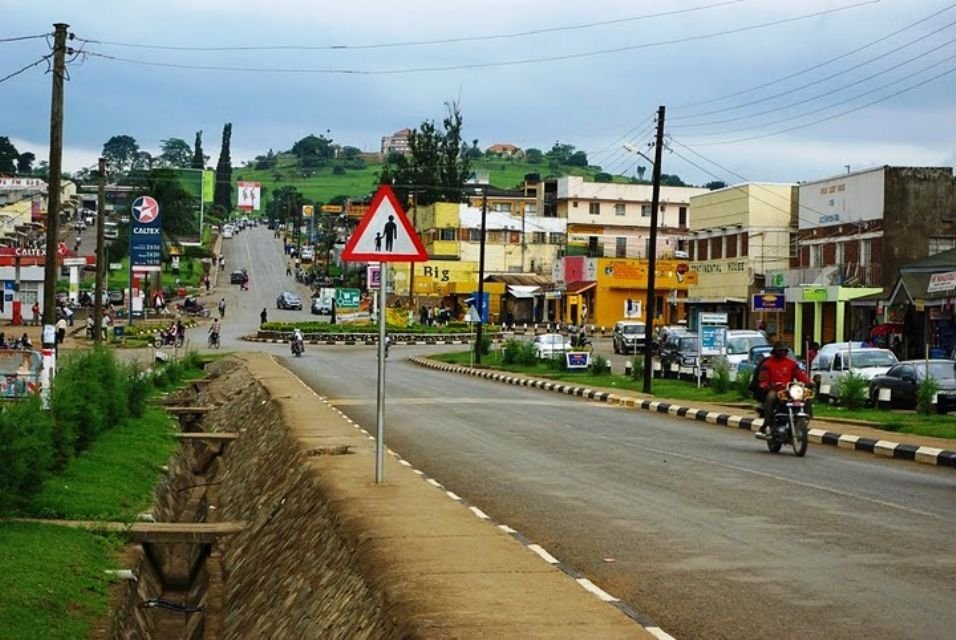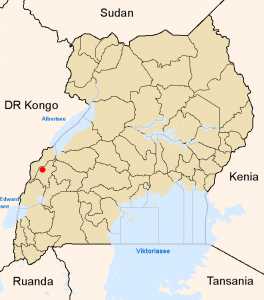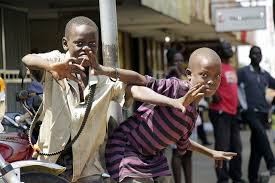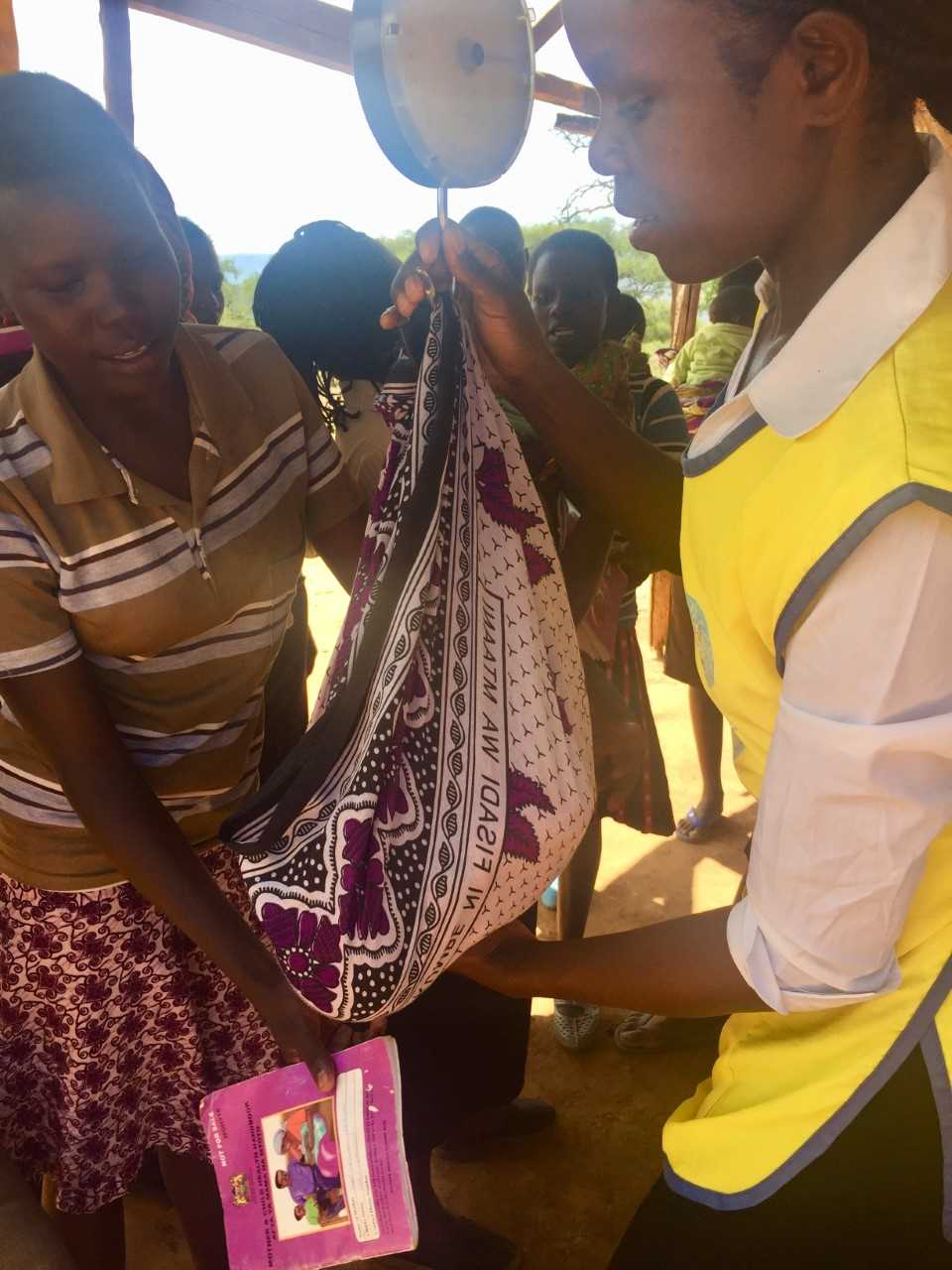14th Feb. 2019
A great update here from Brian Lynch, currently working in Uganda:
I’ve been working on an elder-care project, in Fort Portal, in the western region of Uganda. There is a huge variation in health among the elders here. Some only have a few problems while others have multiple ailments. Those who are worst off are those who cannot work due to age, disability, weakness or illness, who have no assets and receive only minimal help from their family, friends or local community. They are the neediest among the elders – those who cannot afford healthcare.
Many of the elders are women and generally, they’re more marginalised and vulnerable than the men, particularly in terms of lack of income and education. (People with disabilities and children in this area suffer most marginalisation and are most vulnerable, due to incidences of violence, discrimination, physical and mental abuse, accusations of witchery, and being ignored). This project is targeting those who are worst off in Fort Portal in terms of income, education and health.
It is important in assessing needs among these elders, that it is done on a case-by-case basis for individual or home-visit care, as many with HIV/ AIDS, cancer or other serious illnesses or disabilities who are able to work, can afford healthcare and have some support can be dying – they too need the support of the project.
My Advice if you are a new Volunteer
While I’ve been working in Africa, for the most part, I have lived on-site or very close to my workplace, which is great. There is little or no daily commute and on top of that, due to the nature of my work, I have found most local bosses have been quite flexible around my hours of work. Once I’m flexible too, it works out well. I’ve usually been allowed to work in a mix of situations, combining working from the office, in the field and from my home. Local bosses here have been laid back and once I deliver on targets and outputs I find they leave me to get on with the job in hand.
My advice to anyone preparing to go overseas, say to Africa, for example, include noting that most things you will require during your stay are available locally, in some cases just in the cities, however, so check out how accessible places are to your placement location. Things you won’t find here include anti-bald shampoo, herbal sleeping tablets, plug-in rodent deterrents (but you really needn’t worry about that – you will see rodents here just about as much as you would normally at home)! Other items you may wish to bring are fungal creams, heads for electric toothbrushes, shoe insoles, new cables for smartphones. Basically, I would say, if you need medicines, fancy bathroom or new technology stuff, its probably best to bring them with you. Books, by the way, can be very expensive to buy. And, of course, if there’s anything you think might be useful for your project, bring it with you.
Local Food
While there are only two ‘muzungu food’ places in my local town, the local food in other restaurants is generally fine, but then I can eat most things. The fruits, vegetables, sticks of meat and African tea are very good for me.
Daily Life
As the days in Africa can be quite long, its probably best to get used to going to bed at 10 / 11 pm and getting up for 6 am. The early morning and evening are the best times of day for weather, or exercise. And this is how Ugandans, who themselves work, seem to do it.
If you are living alone, its good to bring things you might use to occupy/entertain yourself with in the evenings. Phone calls home are less expensive in the evenings too, so that’s useful to know.
Socialising
I find its really, really easy to meet people here, if you want to. Most people here want to get to know you, anyway. I’d say that if you stay here for a long time and enjoy getting to know local people, you will probably know too many people by the time you are half-way into your placement.
The people are very friendly and it’s interesting to tell them about Ireland and ask about Uganda. What can get annoying is that people will ask you for things all the time. I’m generally a generous person but by knowing too many people I had to learn to be a bit strict around this issue – and patient too. I find this happens less with people I’m working with, and richer Ugandans, than with general workers or small business owners around the town.
The Ugandan Perspective
Many Ugandans have told me, and to an extent it is true, that when they see you, they see money!
Moving On
I’m working on a different project now, in Kisoro district as a monitoring and evaluation officer in the Diocese of Muhabura health department. It is a maternal and child-health project and involves improving the reports sent to the district.
We look forward to hearing all about it when you get a chance, Brian.






